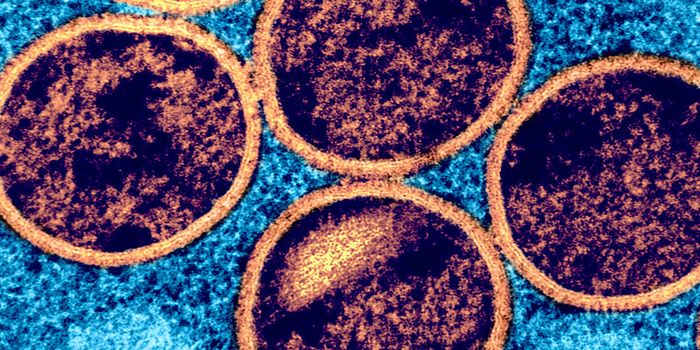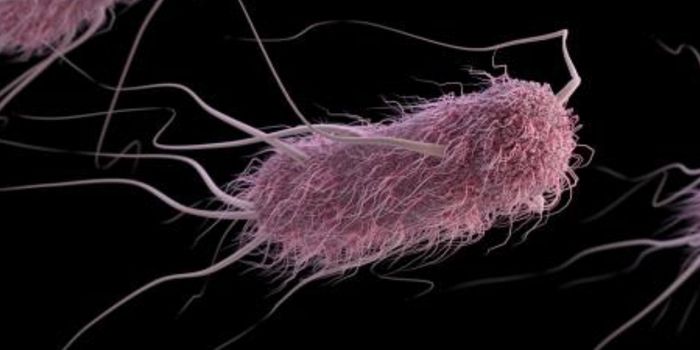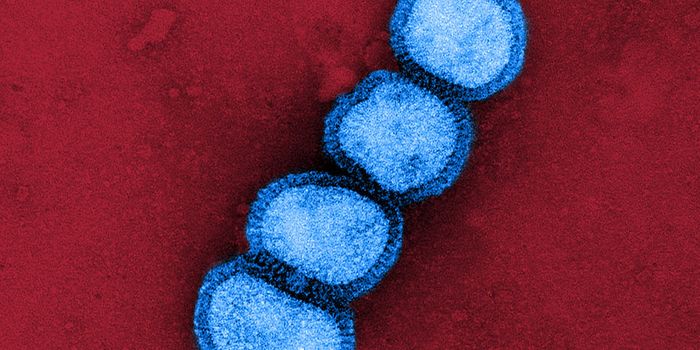Human Gut Bacteria Found to Carry Over 6000 Antibiotic Resistance Genes
Researchers are hard at work studying microbes for a variety of reasons. For one, the human body is home to vast numbers of microbes, which have a significant impact on our health and well-being. We also share the world with microorganisms, and while many of them are totally harmless or even beneficial, others are dangerous pathogens that can evade the defenses put up by our immune system or antibiotic drugs. New work at the intersection of that research has revealed that the microbes carried in the human gut harbor thousands of antibiotic resistance genes.
The video above from NPR explores how antibiotic-resistant bacteria, sometimes called superbugs, may ruin our arsenal of drugs used to fight those pathogens.
"Most gut bacteria live in a harmless relationship with the human host. However, the gut is also home to bacteria that can cause infections in hospitalized patients,” said Professor Willem van Schaik, of the University of Birmingham's Institute of Microbiology and Infection.
"Unfortunately, these bacteria are becoming increasingly resistant to antibiotics, and we need to understand the processes that contribute to this development,” van Schaik added.
For this work, the researchers used a new approach to reveal about 6,000 resistance genes in the genomes of microbes that live in the human gastrointestinal tract. They compared gut bacterial proteins with the three-dimensional structures of enzymes that are known to confer resistance to antibiotics.
“By comparing the structures of known antibiotic resistance proteins to proteins that are produced by the bacteria of the human gut, we found thousands of new antibiotic resistance genes in the human gut, highlighting the immense diversity of antibiotic resistance genes in this environment," explained van Schaik.
The team worked with other groups in Europe to apply this technique to a library of millions of genes that are present in the gut. This effort showed that thousands of new antibiotic resistance genes can be found in those bacteria, which are markedly different from others that have been previously identified in bacterial pathogens. While the microbial genes don’t appear to present any danger to humans right now, they could impact antibiotic efficacy in the future.
"Most of these genes appeared to be present in bacteria that live in a harmless relationship with the human host, so [they] may not be an immediate threat to human health. However, the continuing use of antibiotics may lead to these resistance genes being transferred to pathogenic bacteria, thereby further reducing the effectiveness of antibiotics in treating infections,” van Schaik concluded.
The video above from the US Food and Drug Administration is an animation of antibiotic resistance.
Sources: Phys.org via University of Birmingham, Nature Microbiology








